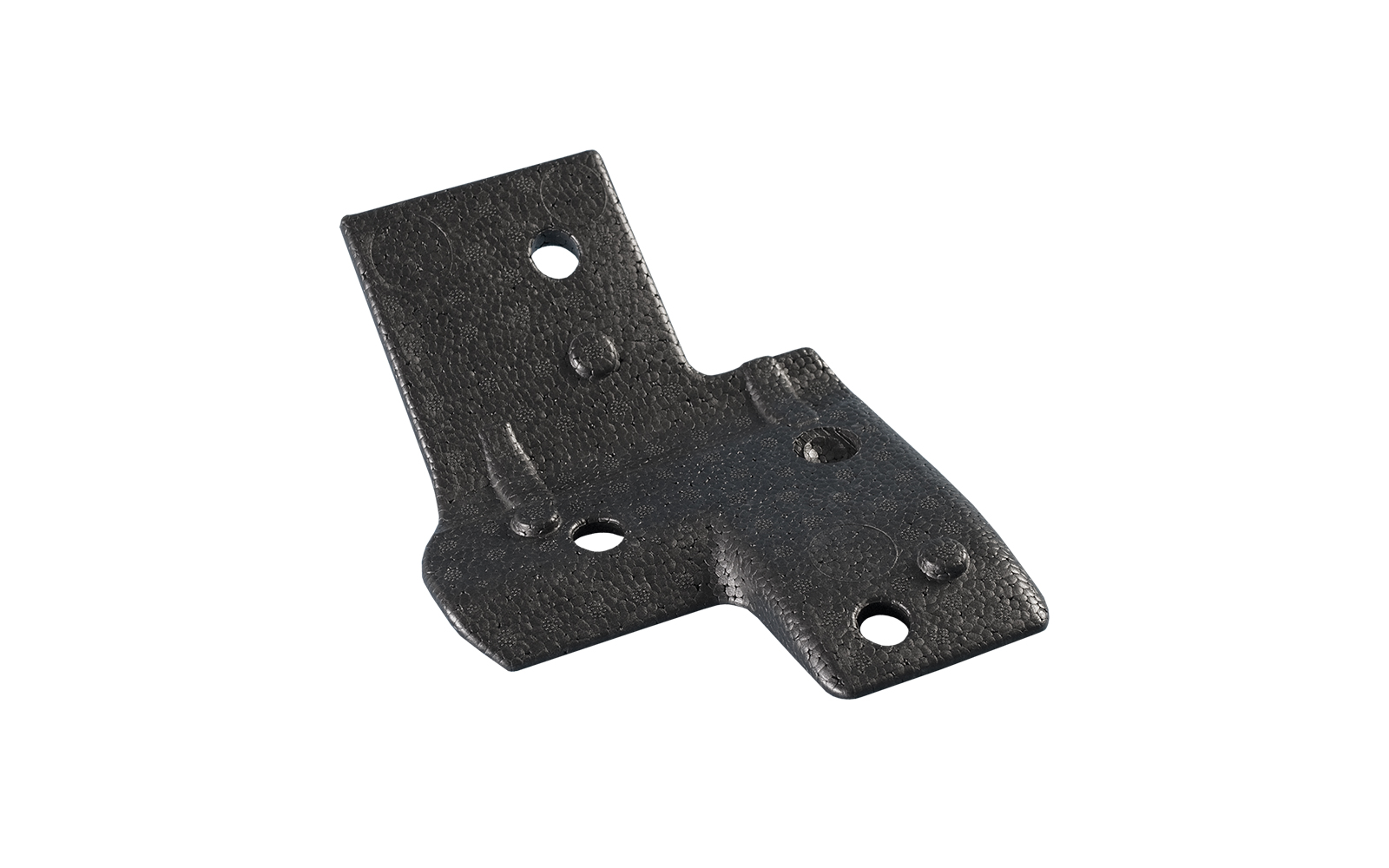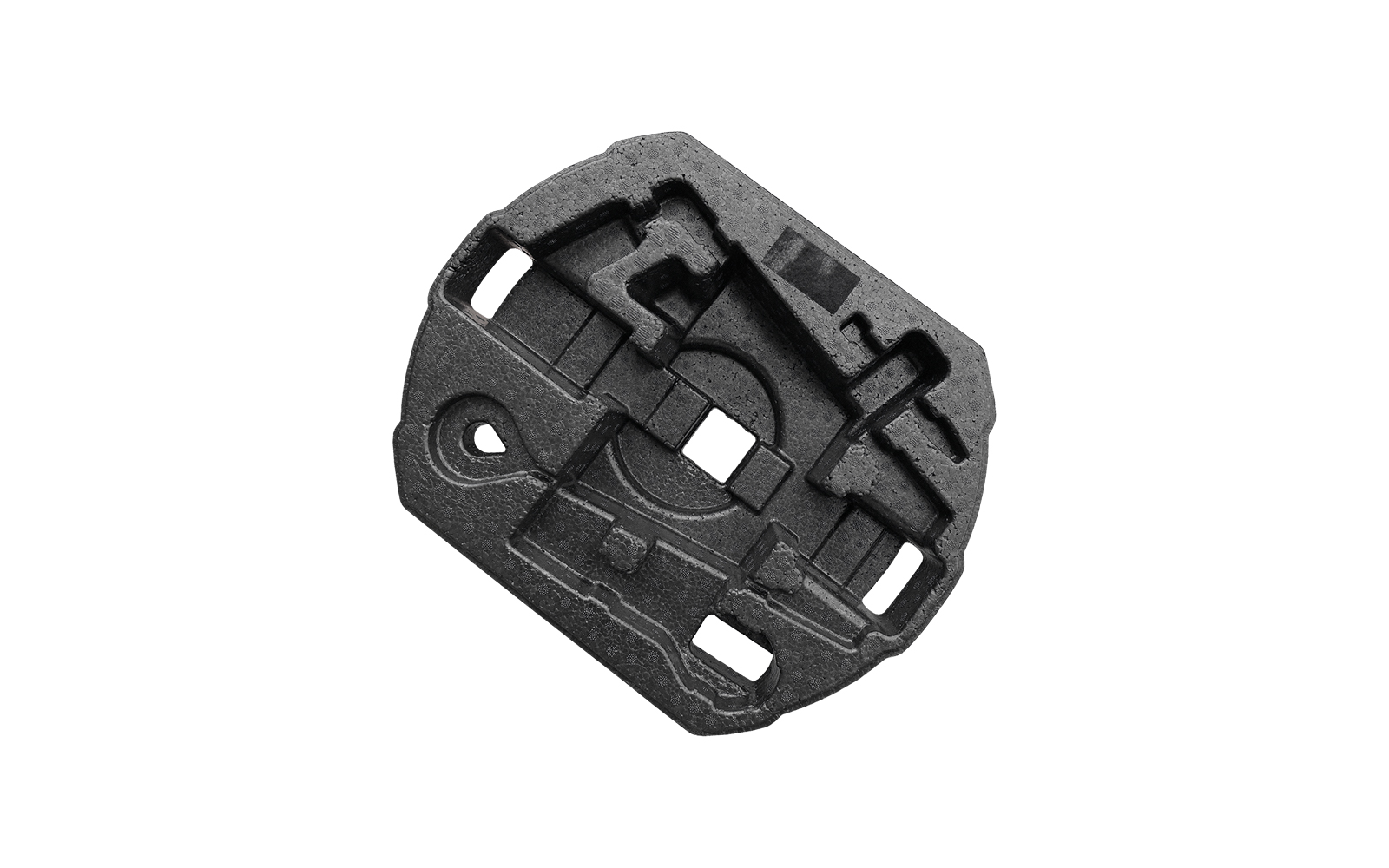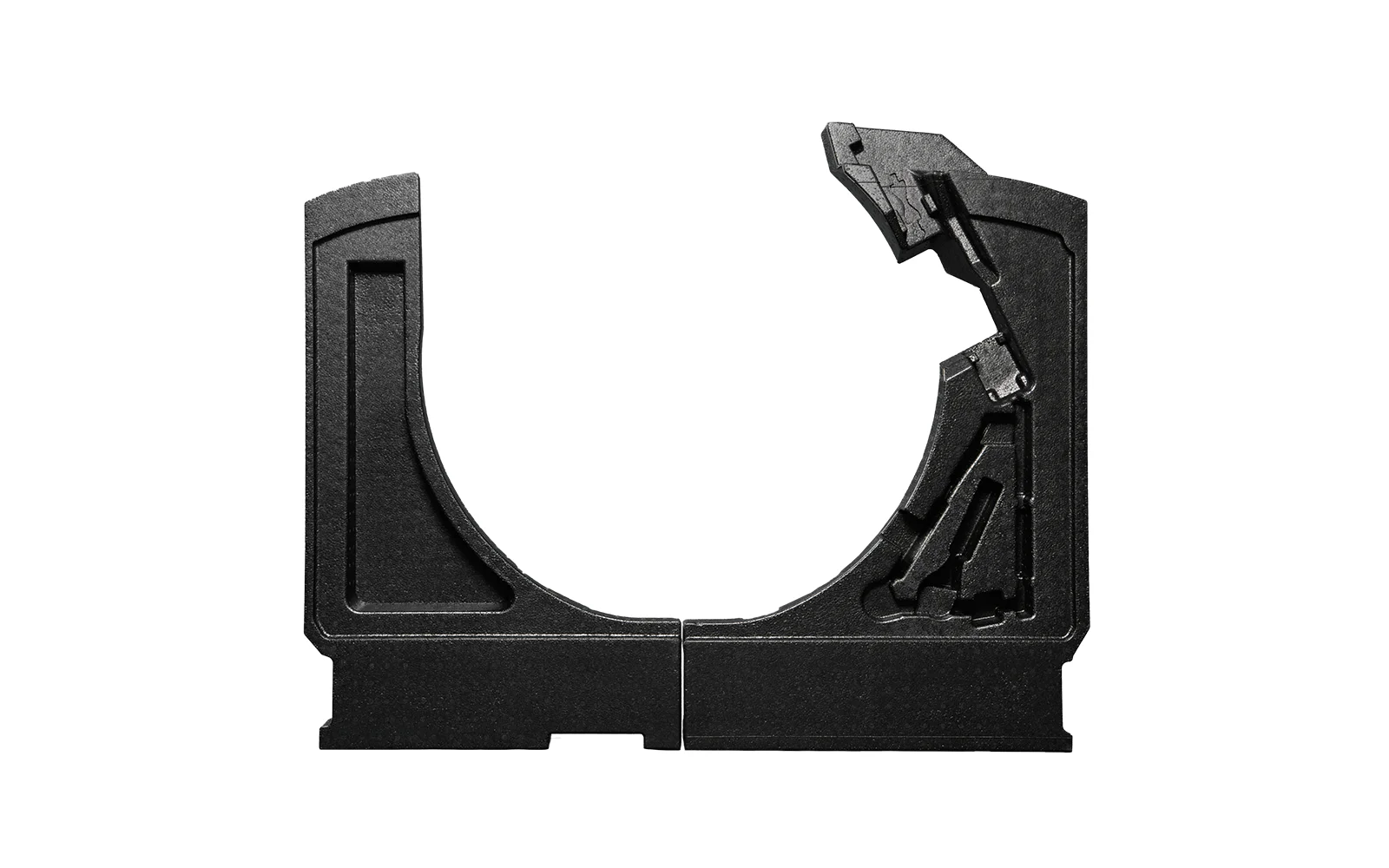Scientific research has proven that listening to properly chosen music while driving a car relieves the driver's stress and thus reduces the emotions on the road. However, a good audio system is not enough to achieve this effect. It is also necessary to optimally soundproof the cabin, which can be provided by components made of modern EPP foams used in its construction.

The increasing traffic and the increasing number of high performance cars make the drivers increasingly more exposed to stress. For less experienced, not only road conditions can be a source of stress, but even the driving itself. These were the drivers on whom a group of scientists from São Paulo State University in María, Brazil, Oxford Brookes University in the UK and the University of Parma, Italy, conducted a study to play music while driving during peak hours. The experiment showed that the instrumental music reduces the fluctuations of the heart rate and thus eliminates the harmful effects of stress on health.
However, there is no doubt that unwanted and annoying sounds have the opposite effect on drivers, regardless of their experience. According to research by the American National Institute of Occupational Health and Safety, noise increases stress and cortisol secretion, which in turn can have a negative impact on planning, thinking and decision-making processes, which are crucial for driving safety. For this reason, manufacturers in the automotive industry are working to effectively soundproof a car cabin on the one hand, and to develop car audio systems that ensure the best possible quality of music on the other.
Noise in the car and its most frequent sources
The main noise “generator” is the engine operating under the bonnet, whose operation principle is based on explosions of the fuel-air mixture. The second most frequently mentioned source is the noise of the wheels scrapping the road and vibrations transmitted by the suspension elements. These distracting sounds become more intense especially when the car is driven on uneven surfaces. The third factor, although it can only be felt when driving at higher speeds, is the air flow, which is resisted by the bonnet of a speeding car. The street and traffic sounds are next on the list.
Obviously, the sounds that are closest to the driver's ear, i.e. those that come from inside the car itself, cannot be left out. These include the noise of the air conditioning, the creaking of vibrating cockpit elements or, finally, the volume and quality of sound generated by the car radio. As research shows, the last of these factors is usually perceived by drivers as positive, of course, unless it is jammed by other noises.
Therefore, why is it worth looking for the perfect music for your car?

Research conducted by the SEAT brand shows that more than 53% of drivers believe that listening to music in a car makes them feel good all day long, and 42% of them listen to music to reduce their stress levels. Obviously, the type of music that you listen to is important – depending on the tempo, rhythm, volume or complexity, it can have a calming or stimulating effect.
Drivers most often reach for car playlists composed of well-known and timeless songs, which provide a non-distracting background for the main activity, which is car driving. The quality of the sound is equally significant. Producers of car sound systems, such as Harman Kardon, Bose or Bang&Olufsen, are still working on innovations, as car audio equipment has to compensate for any possible lack of car interior soundproofing.
Manufacturers in the automotive industry “slim” them down from heavy, well soundproofed materials to reduce their weight and combustion. For this reason, active sound reduction systems are becoming increasingly used in cars, for example, whose operation is based on the emission of anti-waves to remove unwanted noise, but such solutions are expensive. Therefore, the most effective solution seems to be a passive sound reduction system, i.e. acoustic insulation of the cabin with the help of car components made of innovative plastic with damping properties.
Car soundproofing – what kind of materials should be used?

How much noise reaches the driver's ears is determined by, among others, the design of the car and the solutions used in it, such as glazing packages with increased sound insulation or sound absorbing materials. Unfortunately, due to the need to reduce the weight of vehicles, the latter are used less frequently. Oak Ridge National Laboratory research shows that a reduction of 10% in the weight of a car can increase its range by 7%, and traditional soundproofing usually weighs a lot.
Therefore, apart from new construction solutions, car producers are looking for new, lighter and more versatile materials that will at the same time allow for the soundproofing of cars. This role is perfectly suited for EPP expanded polypropylene, which is used to make, among others, vibration and engine noise absorbing elements of the cockpit or floor fillings, which eliminate sounds coming from the chassis side.

Drivers often complain about the noise coming into the cockpit from the luggage compartment. The use of expanded polypropylene trunk liners allows for effective damping of vibrations. By choosing the right density, this flexible material can be easily tailored in terms of parameters to meet the requirements of weight, mechanical strength and acoustic properties. When used in the car interior, it allows to eliminate all unwanted sounds coming from the environment or resulting from e.g. imperfect fitting of the car interior.